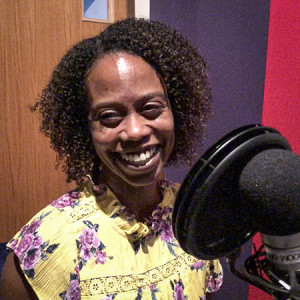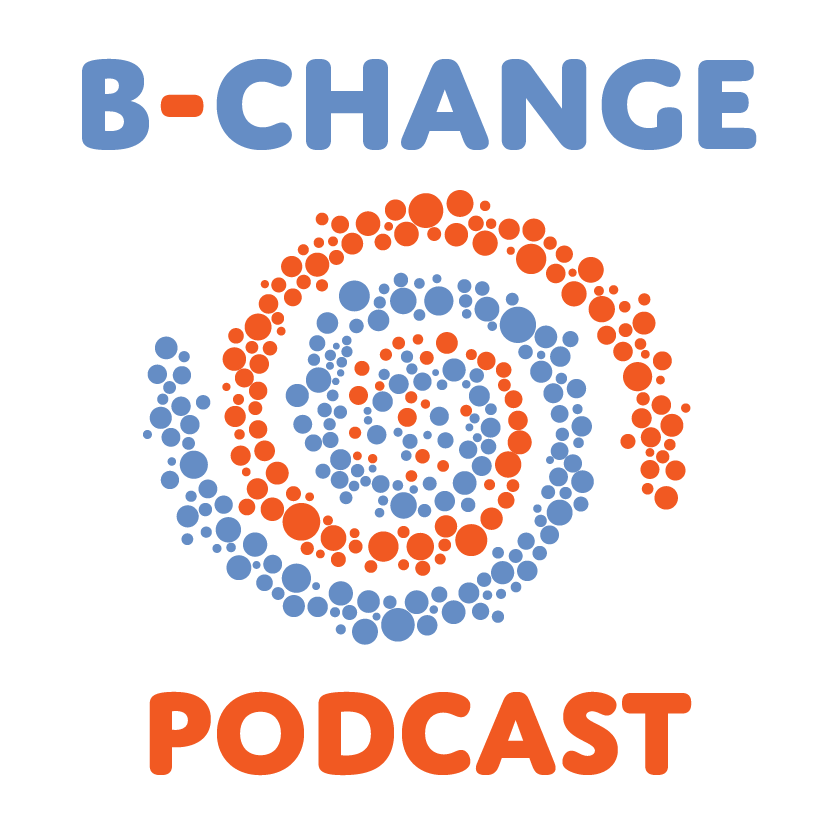Episodes

Sunday Sep 08, 2019
Sunday Sep 08, 2019
Shirronda Almeida grew up in affordable housing, Georgetowne Homes, in Boston, during the period of “white flight” and “urban renewal.” She experienced busing, the moving of the orange line, witnessed the tensions of segregated neighborhoods, and the severe disinvestment in communities of color. What is now Government Center and Copley Square Mall were both taken in the name of urban renewal, tearing down, for example, the West End, which was a vibrant low-income community. Almeida first learned of an alternative model — non-profit community development — more than a decade later.
Shirronda is now the director of the Mel King Institute, named after one of the pioneers in Boston’s community development movement. In 1968, he helped organize “tent city”, where Boston residents literally camped on the land that the Boston Redevelopment Authority (BRA) had razed for redevelopment in an area of land adjacent to the future Copley Place Mall. The BRA had claimed that former residents would get first dibs on properties where they had been living. The BRA did not fulfill that promise. Eventually, tent city organizing led to 269 units of mixed-use housing, and the creation of the Tent City Corporation, a nonprofit community-controlled development organization “dedicated to the preservation of decent, affordable housing and a multi-racial, multi-ethnic community of low and moderate-income people in the South End."
The Mel King Institute is now a key training institution for developing leadership and community building skills for staff, board members and resident leaders at community development corporations. The Institute also engages local nonprofits, intermediaries, municipalities and other entities throughout Massachusetts through its programming. Boston has become a national model, noted for having a strong community development ecosystem.
In this episode Shirronda talks about:
- How “breaking bread” together is a cornerstone of how the Mel King Institute seeks to create community through building relationships, not just building brick and mortar structures.
- Her own experience growing up in affordable housing in Boston and how that influenced her decision to engage in nonprofit development work.
- How meditation, yoga, and healing practices have helped her and her peers create a sense of balance in her life and inner work.
Links to resources
Mel King Institute
Buddhas Brain, Dr. Rick Hanson
White Fragility, Robin Daingelo
Reimagining Equality, Anita Hill


No comments yet. Be the first to say something!